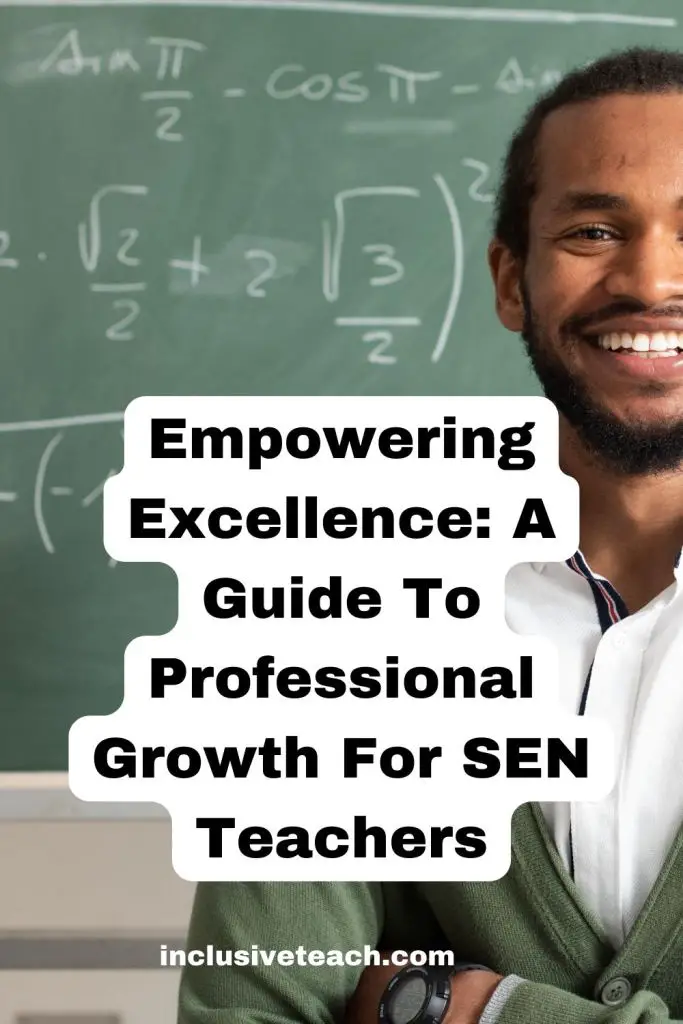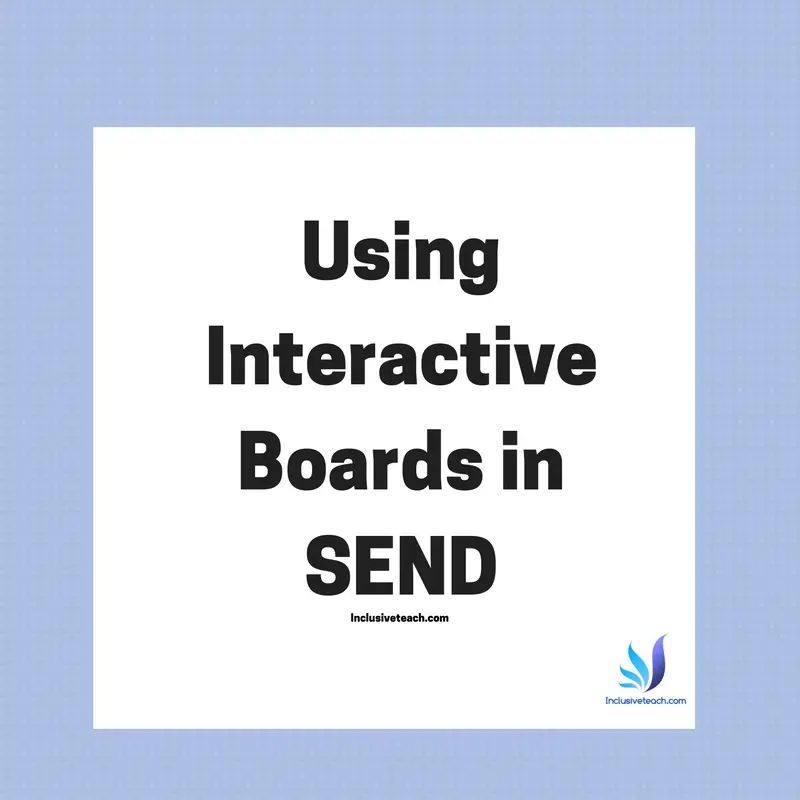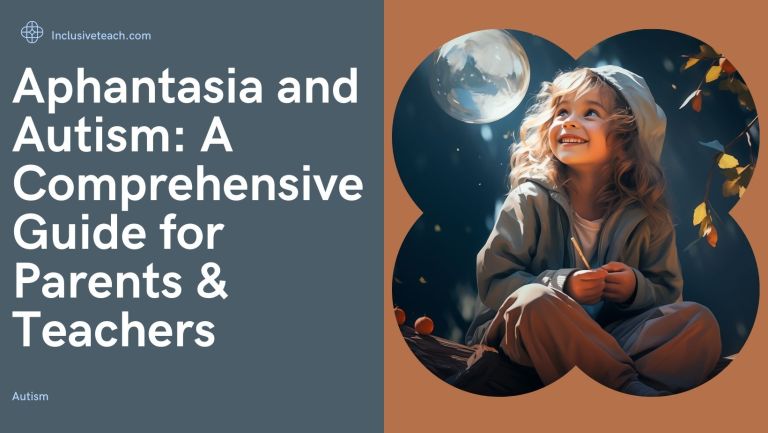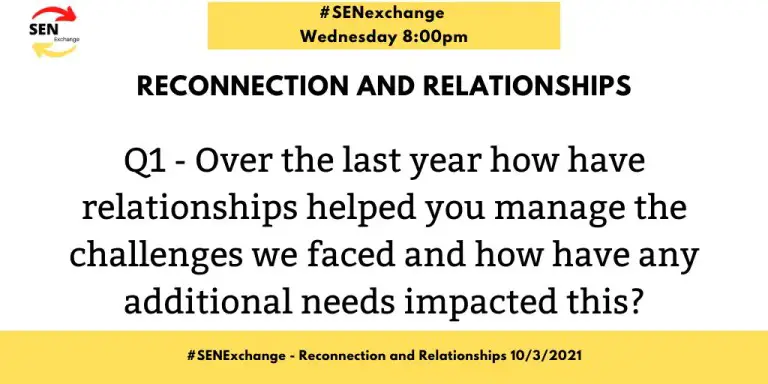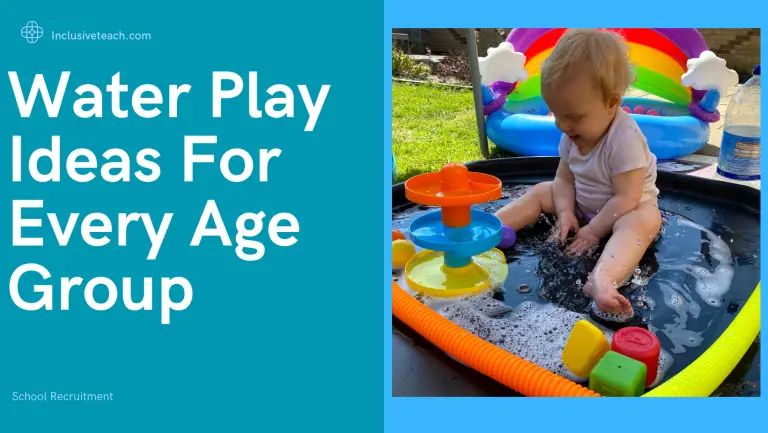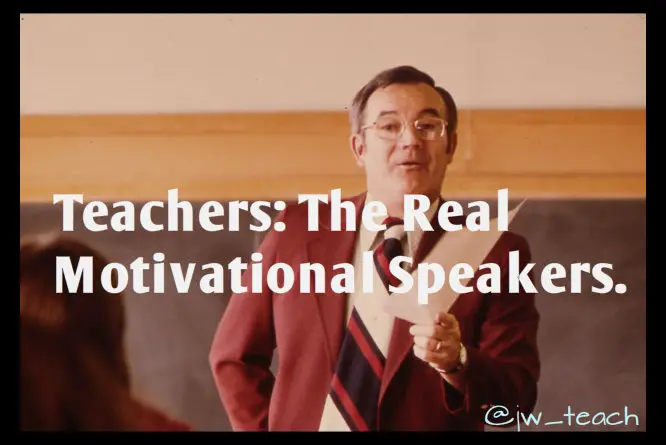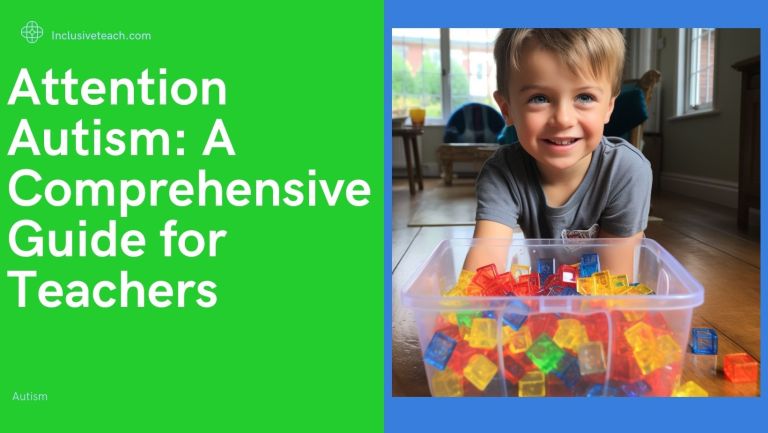Empowering Excellence: A Guide To Professional Growth For SEN Teachers
Growing and Developing Your Skills
Attending specialised workshops and conferences, furthering your qualifications, and developing expertise around the development and implementation of IEPs are smart steps toward professional growth for SEN teachers. Investing in your professional development not only enhances your ability to meet the unique needs of your students, but also boosts confidence in your teaching methods, fosters a sense of accomplishment, and keeps you informed about the latest trends and best practices in special education. Additionally, expanding your qualifications opens doors to career advancement opportunities, leadership roles, and increased job satisfaction.
Attend specialised workshops and conferences
Participating in workshops and conferences specifically tailored to SEN educators can provide you with insights into the latest research, strategies, and resources in the field, so you can stay abreast of evolving best practices and improve your instructional approaches as needed. So, for instance, consider attending the National Association for Special Educational Needs (NASEN) Annual Conference for a comprehensive overview of SEN trends, research, and best practices. Here, you can engage with leading experts, exchange ideas with peers, and gain valuable insights that can be directly applied to improve your teaching practices.
You can also explore events organised by professional bodies like the British Psychological Society (BPS) or the Council for Exceptional Children (CEC). BPS events cover a host of topics related to psychology in education (including special education and inclusive practices), providing practical insights and strategies for SEN teachers. CEC also hosts an annual convention, one of the largest gatherings of SEN professionals globally. It features keynote speakers, workshops, and presentations covering various aspects of special education, including research-based practices.
Furthering your qualifications
Obtaining a more specialised qualification that aligns with your specific interests, the needs of your students, or the requirements of your school is a great way to deepen your expertise and enhance your teaching effectiveness. So, for instance, you may want to obtain a qualification focused on autism spectrum disorders, particularly if a significant portion of your students have autism. The National Autistic Society and accredited universities provide reputable courses and certifications in this area, offering valuable insights and strategies to better support autistic learners.
Alternatively, you can pursue a behavioural management qualification to improve your skills in understanding and addressing challenging behaviours — this is particularly beneficial for teachers dealing with students with behavioural difficulties. These courses can provide you with a deeper understanding of behavioural theories, intervention strategies, and practical tools for managing disruptive behaviours in the classroom. In turn, you’ll be able to confidently manage diverse student needs, and implement targeted interventions customised to target particular learning difficulties, behavioural issues, or other specific concerns identified in a student’s profile — ultimately helping students overcome obstacles and succeed academically and socially. A behavioural management certification can be pursued through accredited institutions like Studio 3, PROACT SCIP or Trauma-informed practices.
Develop expertise in Individualised Education Plans
Developing expertise in Individualised Education Plans (IEPs) — personalised documents outlining the student’s learning goals, support services, and accommodations — better equips you to create tailored educational plans for each SEN student, therefore fostering a more inclusive and supportive learning environment. Well-crafted IEPs contribute to improved student outcomes by addressing specific learning goals, accommodations, and support services, while expertise in this area also facilitates effective collaboration with parents, support staff, and other professionals to promote a holistic approach to student support. In some cases, additional support outside of school may also be deemed beneficial for the student’s progress. In particular, private tutoring for SEN students can offer personalised support tailored to their individual learning needs. This can improve academic progress and enhance self-confidence. The IEP team may also collaborate with the private tutor to ensure alignment with the IEP’s goals.
So, check with your local education authority (LEA) for workshops, seminars, or training sessions on IEP development — LEAs often organise professional development opportunities for teachers. Similarly, organisations like NASEN or local special education associations may also host events or provide resources focused on IEP expertise.
Attending specialised workshops and conferences, furthering your qualifications, and developing IEP expertise are smart steps toward professional growth. In embracing these proactive measures, educators not only enhance their own skills, but also contribute to a more inclusive and supportive educational environment for students with special needs.
This post has been written for Inclusiveteach.com by Jennifer Howard
